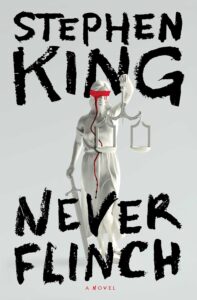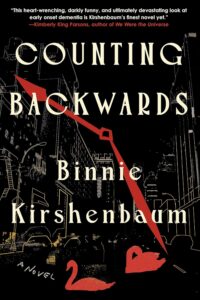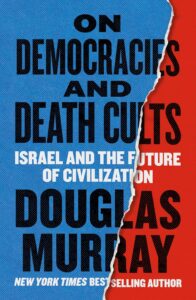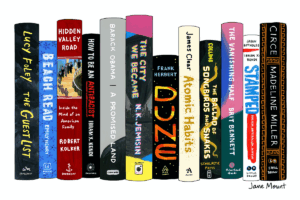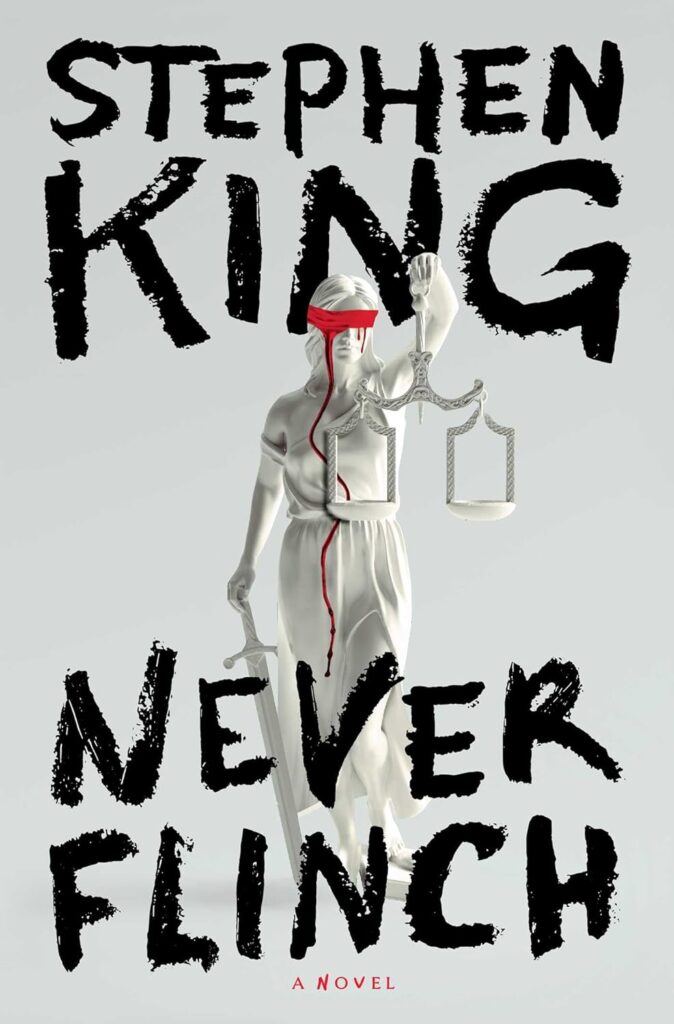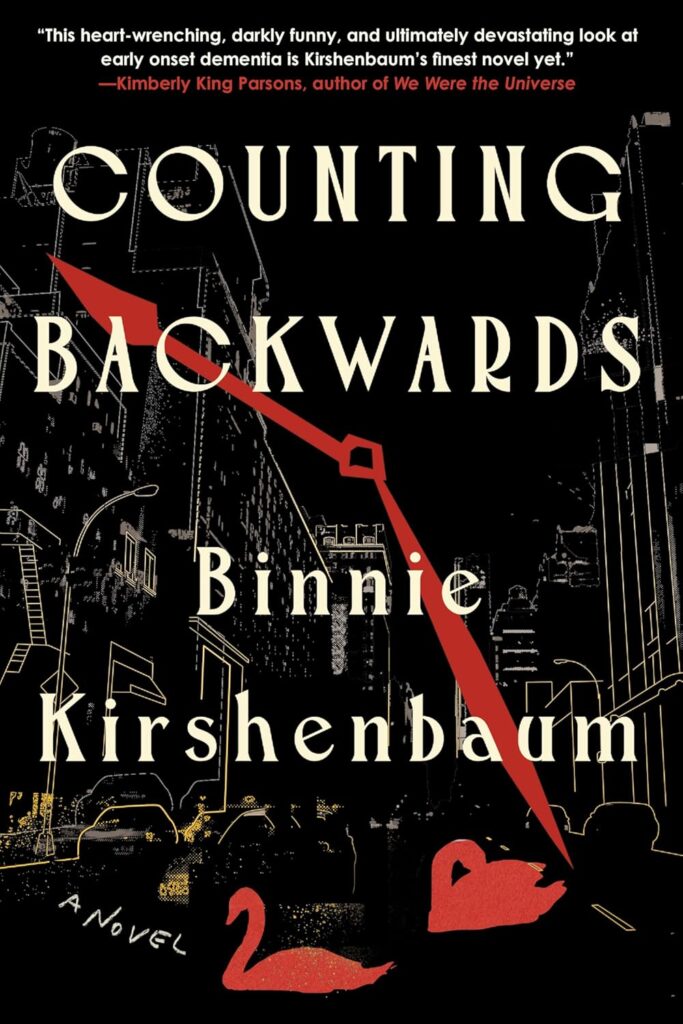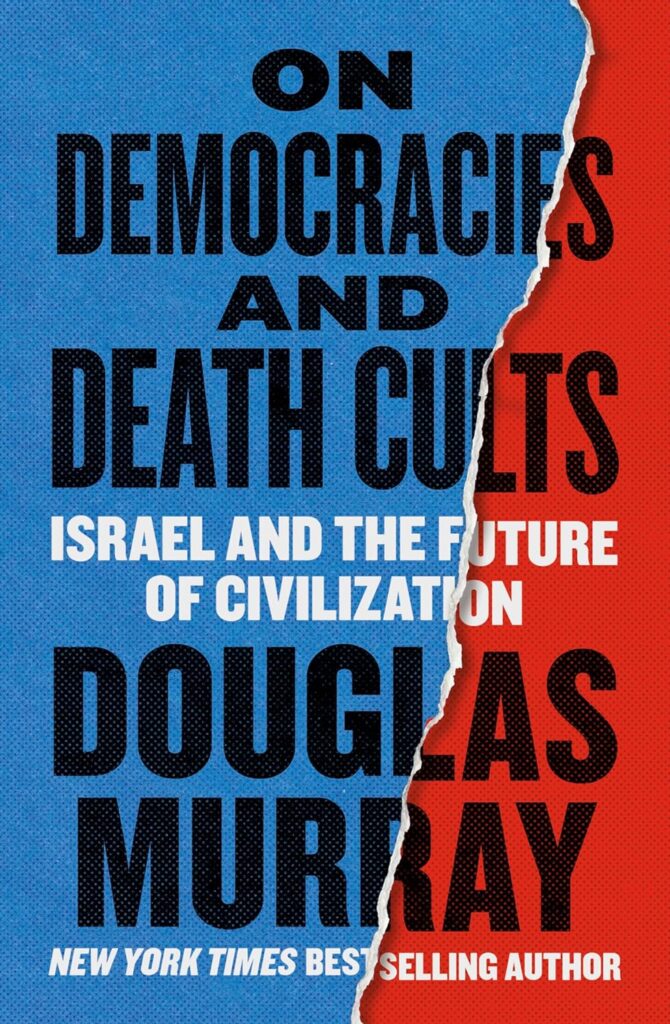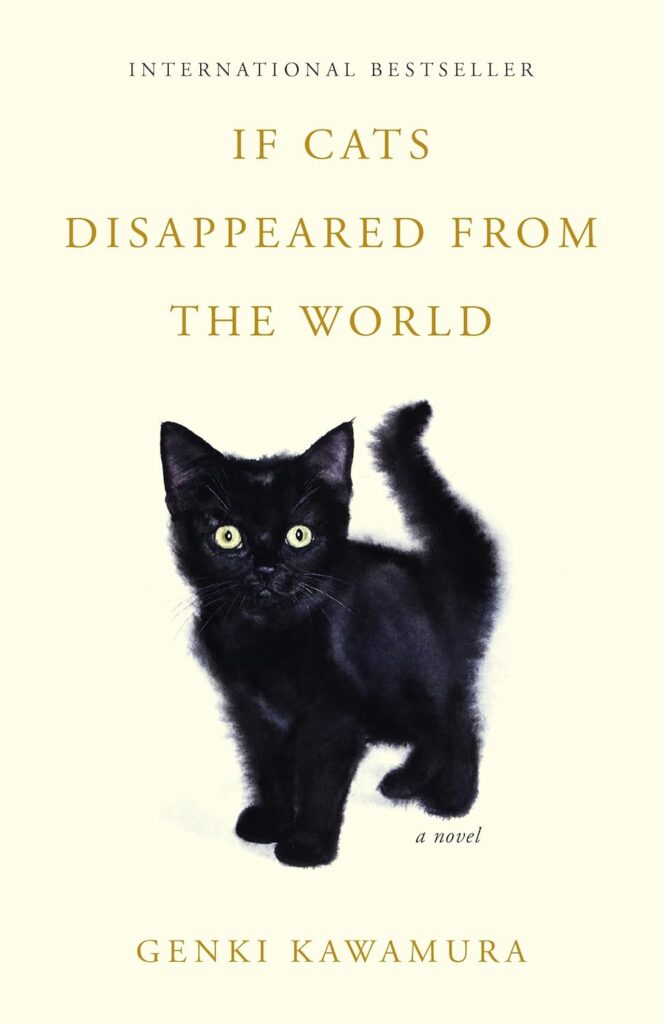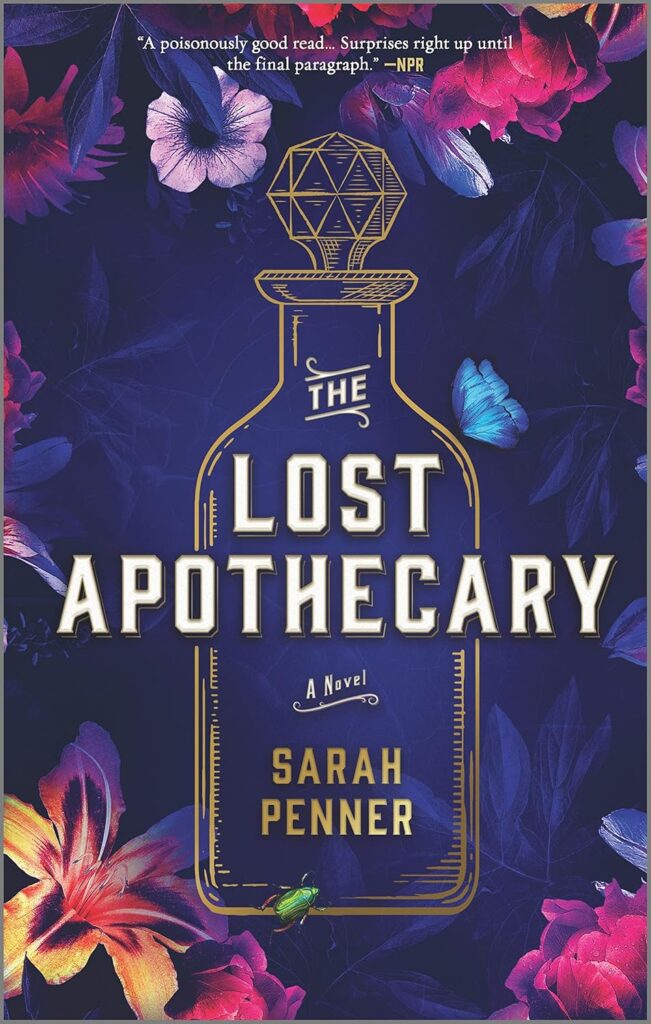Suzanne Collins, best known as the author of The Hunger Games trilogy, has left an indelible mark on modern literature. Her work transcends traditional storytelling by intertwining gripping narratives with deep social commentary. But what lays the foundation for her evocative tales? Her writing habits and strategies—not just creative but deeply intentional—offer invaluable insight for writers at any stage of their journey. Let’s explore what makes her process special and how you can adapt some of her methods to your own craft.
Establishing a Structured Writing Routine
Writing requires rhythm—a cadence that anchors creativity amidst the chaos of life. Suzanne Collins leans on a structured framework to maximize her productivity. For her, discipline doesn’t stifle creativity; it fuels it.
Mornings as the Prime Writing Time
Collins considers mornings her golden creative hours. She advocates for starting work after meals when your mind is clear, unburdened by the day’s accumulated noise. I sometimes wonder: is there something in the simplicity of morning light that makes it easier to converse with our inner storyteller? For Collins, this quiet time is both a sanctuary and a springboard.
Balancing Productivity and Rest
Interestingly, Collins acknowledges a truth that too many writers ignore: rest is part of the process. She believes that brainstorming, sketching ideas, or even sitting in thoughtful silence can be just as productive as drafting. On days when words elude you, she would argue, let the mind stretch its imagination in non-linear ways—it’s still work, just of a quieter kind. As discussed in this article, she values the planning stages of writing as much as the act itself.
Connecting Personal Experiences to Storytelling
Collins’ stories resonate because they are rooted in something deeply personal. Watching interviews about her writing process, I couldn’t shake the realization: she doesn’t just write stories; she entwines her life with them. It’s this authenticity that compels readers to connect.
Writing What You Know and Love
Her philosophy on storytelling merges personal passion with universal appeal. For instance, her love for Greek mythology is woven into The Hunger Games as a modern reinterpretation of the Theseus myth. Every writer is a wellspring of peculiar interests and unique experiences—why not turn those into story frameworks? Passion has a way of making even the most complex narratives feel approachable.
Using Life Influences as Themes
Collins’ father’s military background profoundly shaped her outlook on war, a recurring theme in her books. Through Katniss’ lens, we’re offered glimpses of real-world political struggles, human resilience, and the costs of power. If our writing is a mirror, how do our reflections appear in it? Consider how your own life might add layers to your storytelling, much like Collins has done.
Mastering Effective Storytelling Techniques
Great storytelling demands more than inspiration; it takes precision. One hallmark of Collins’ craft is her meticulous technique—an interplay of planning, relatability, and prose that doesn’t waste a beat.
Detailed Planning and Outlining
Collins is a strategist when it comes to plotting. Before Katniss ever held her first arrow, Collins conceived an intricate world for her to inhabit. From the Capitol’s opulence to District 12’s quiet despair, every detail was charted. Planning doesn’t cage spontaneity—it gives it a map to wander. For more insights on her approach, check out this detailed discussion of her outlining process.
Relatable Themes and Social Commentary
Few authors can marry high-stakes drama with real-world issues the way Collins does. Her narratives tackle inequality, systemic oppression, and survival under duress—themes that resonate globally and personally. By asking herself not just what story she wants to tell but why it matters, she ensures that her work speaks across boundaries.
Active Voice and Punchy Prose
Collins famously insists on an active voice, a stylistic choice that makes her writing kinetic, even in moments of quiet. Sentences don’t linger like distant observations; they pull you into the heart of the action. For tips on sharpening your own prose in a similar way, this Medium piece is a goldmine.
Navigating Challenges in the Writing Process
No creative journey is without its hurdles, but Collins approaches her challenges with a raw, honest determination. Whether confronting difficult themes or creative dead ends, she leans into the struggle and finds her way through.
Facing Hard Topics Head-On
Collins doesn’t shy away from the gritty realities of her narratives. Writing about violence, death, or moral ambiguity is never easy, but she believes these difficult moments are crucial to the story. They force both the characters and the readers to grapple with challenging truths. As explained in this interview, she maintains a commitment to authentic storytelling, no matter how uncomfortable it gets.
Overcoming Writer’s Block
When stuck, Collins steps back. She finds creativity in non-writing activities like walking or watching TV. This mental pause is not about escape—it’s about loosening the knots strangling your imagination. The next time you’re overthinking a scene, maybe take a cue from her: stop forcing it. Let inspiration return on its own terms.
Conclusion
Suzanne Collins teaches us that writing isn’t just about putting words on a page; it’s about cultivating habits, mining personal truths, and building narratives with intention. From creating disciplined routines to tackling tough topics, her journey offers lessons for writers navigating their own creative paths. As I reflect on her process, I’m struck by one defining truth: the best stories come from a place of honesty. So, channel your quirks, your past, and your voice into your work—and maybe, just maybe, you’ll find the spark that makes your stories unforgettable.


